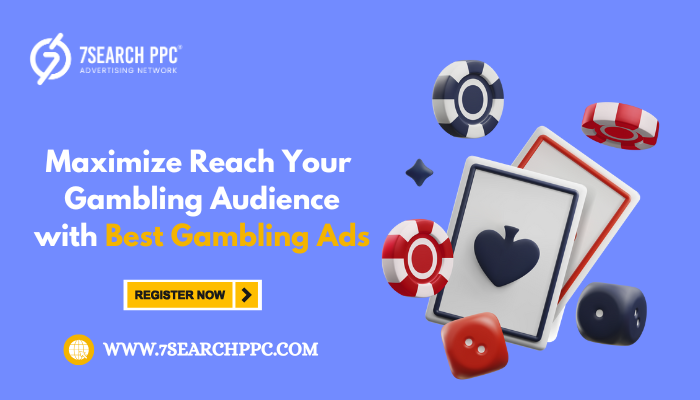In today's dynamic advertising landscape, pinpointing the most cost-effective channels for gambling advertising requires a nuanced understanding of regulations, audience behavior, and platform capabilities. What might be efficient in one region could be restricted or less impactful in another. However, based on current trends and the provided search results, here's a breakdown of potentially cost-effective channels, keeping in mind the legal and ethical considerations:

Potentially Cost-Effective Channels:

Potentially Cost-Effective Channels:
- Push Notifications: These direct-to-device messages can be a relatively inexpensive way to reach users with timely promotions, bonus offers, and game updates. They boast high visibility and can drive engagement if personalized and relevant.
- Pop-Under Ads: While potentially intrusive, pop-under ads can be cost-effective due to their lower cost-per-impression. They appear behind the main browser window, becoming visible once the user closes the active window. However, user experience should be carefully considered to avoid negative brand perception.
- Native Advertising: Ads that blend seamlessly with the surrounding content of a website or platform can be less disruptive and more effective at capturing user attention. This can include sponsored articles, in-feed ads on social media (where allowed), or content recommendations.
- Email Marketing (where permitted): Building an email list of interested users (obtained ethically and with consent) allows for direct and personalized communication about promotions and new offerings at a relatively low cost per send.
- Social Media Marketing (with strict adherence to regulations): Platforms like Facebook, Instagram, X (formerly Twitter), and YouTube can offer granular targeting options based on demographics, interests, and behaviors (where gambling advertising is permitted and compliant with local laws and the platform's policies). Content can range from engaging visuals and videos to community building and real-time updates (e.g., for sports betting).
- Search Engine Optimization (SEO): Optimizing your website and content to rank higher in search engine results for relevant keywords can drive organic traffic from users actively searching for gambling-related information or services. While it requires ongoing effort, organic traffic can be very cost-effective in the long run.
- Strict Regulatory Landscape: Gambling advertising faces significant restrictions globally. Many countries and platforms have strict rules or outright bans on promoting gambling activities. It is paramount to thoroughly understand and comply with all applicable laws and platform policies in your target regions. For example, in India, advertising of online betting is largely prohibited.
- Platform Policies: Major advertising platforms like Google and Meta (Facebook and Instagram) have specific policies regarding gambling advertisements, often requiring prior written permission, targeting restrictions (e.g., excluding minors), and the inclusion of responsible gambling messages.
- Targeting the Right Audience: Cost-effectiveness is closely linked to reaching the right audience. Utilizing precise targeting options offered by advertising platforms (where allowed) or focusing on niche channels that attract gambling enthusiasts can improve ROI.
- Creative and Engaging Content: Regardless of the channel, compelling and responsible ad creatives are essential for capturing attention and driving conversions. This includes clear calls to action, visually appealing elements, and adherence to responsible gambling guidelines.
- Performance Tracking and Optimization: Continuously monitoring the performance of your advertising campaigns and making data-driven adjustments is crucial for maximizing cost-effectiveness. Track key metrics like click-through rates, conversion rates, and cost-per-acquisition to identify what works best.
